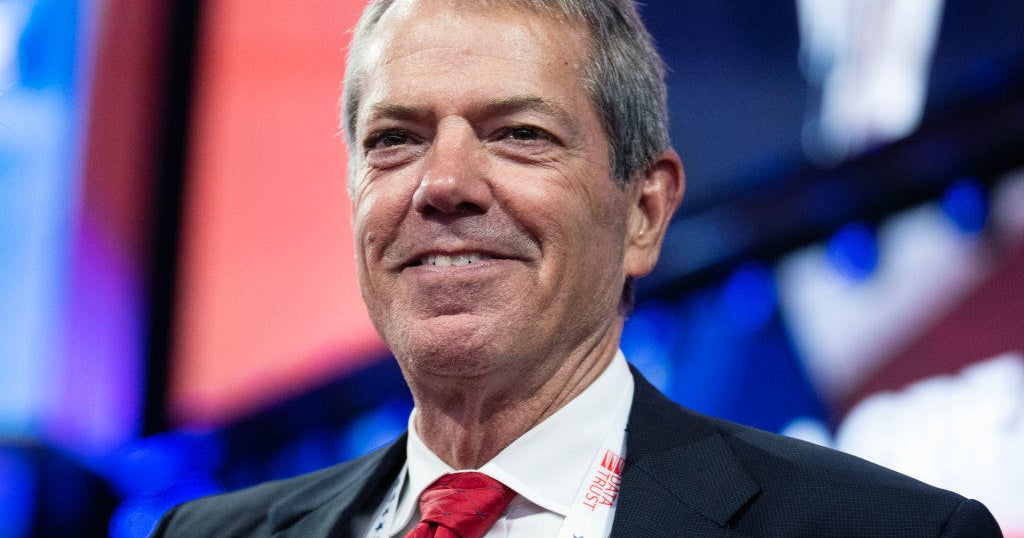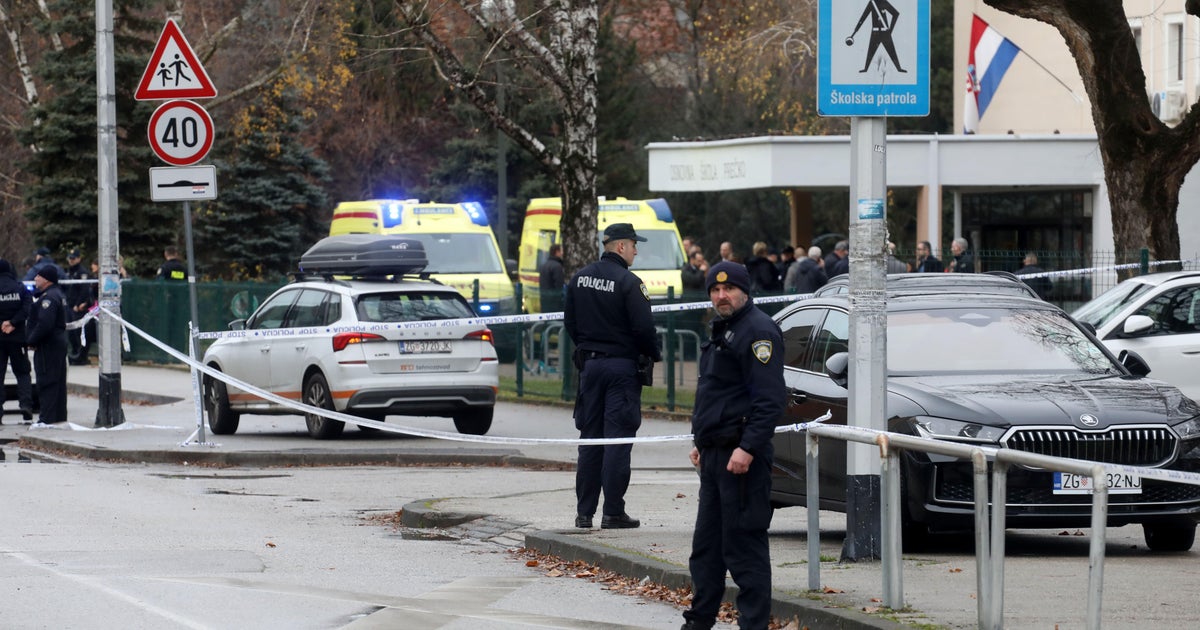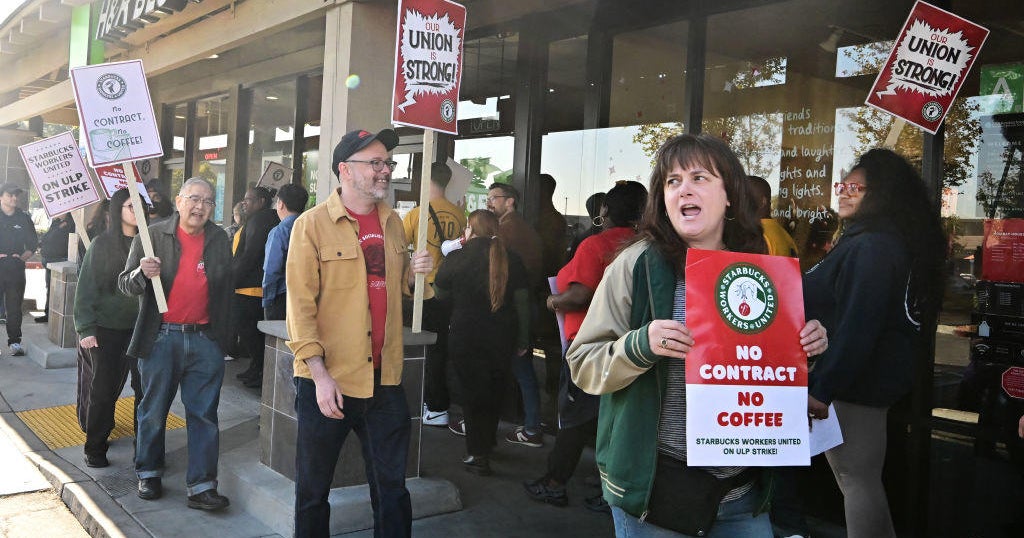Buy and bust: After Platinum Health took control of Noble sites, all hospital workers were fired
The news, under Noble Health letterhead, arrived at 5:05 p.m. on a Friday, with the subject line: "Urgent Notice." Audrain Community Hospital, Paul Huemann's workplace of 32 years, was letting workers go.
Word travels fast in a small town. Huemann's wife, Kym, first heard the bad news in the car when a friend who'd gotten the letter, too, texted.
"Your termination was not foreseeable," said the letter, dated Sept. 8 and signed Platinum Health Systems, adding that the firing was permanent "with no recourse" and that the "medical facility will be shuttered."
"I don't know what my next steps are," said 52-year-old Huemann, who supervised the laboratory at the Audrain hospital.
The future for the Huemanns, hundreds of other workers and thousands of patients in two small Missouri towns began to unravel long before that afternoon. The drama playing out in Paul Huemann's hometown is familiar to many who live in rural America: Communities are so desperate to keep their hospital open that they're willing to gamble on any buyer, including those backed by private equity.
Sometimes they lose.
Noble Health, a three-year-old private equity-backed startup, had acquired Audrain and nearby Callaway Community Hospital during the pandemic. In March, it suspended all hospital services and later furloughed 181 employees, state records show.
Noble — facing staggering debt, more than a dozen lawsuits, and at least two federal investigations — struck a deal to sell the hospitals in April to Platinum Neighbors, which is affiliated with Texas-based Platinum Team Management and Platinum Health Systems. In late June, Platinum asked Missouri officials to extend until Sept. 21 a deadline to reopen the hospitals.
On Tuesday, Platinum officials told KHN that, "on behalf of Noble," they asked Missouri regulators for an additional 30-day extension "in an attempt to explore all alternatives for reopening these facilities," Ryann Gordon, Platinum's director of marketing, said. "The backpay and health benefits of the employees is of utmost importance."
Hours before the licensing deadline Wednesday, Platinum submitted a request for a 90-day variance. Missouri regulations do not allow another extension within a year, said Lisa Cox, a spokesperson for the Missouri Department of Health and Senior Services. So the state "worked with them" and granted the request, she said.
Platinum said the hospitals need time to complete construction projects. Audrain's "emergency room area" has broken windows, and Callaway's hospital needs "critical repair to the plumbing," according to the state approval letter. The hospitals can change ownership during the 90 days, Cox said.
Cory Countryman, president of Platinum Health Systems, confirmed the termination of the remaining hospital staff. "We are working with multiple partners to reopen the hospitals," he said.
That could involve a new owner. One prospect is Owen Shuler, a Georgia-based entrepreneur, who said he is thinking about buying them. Shuler, who was reached by phone after he'd visited the rural communities, said, "I love what I see."
"It's heartbreaking as to what has occurred," said Shuler, whose companies include Bankers Realty Corp. and Shuler Capital Corp. If he bought the hospitals, he said, he would do so as managing director of his new venture, CareONE Global. "In terms of the due diligence, I do not like what I'm seeing and learning," he said. What he concluded from his review is that "private equity and venture capital need to be kept the heck out of health care."
On his LinkedIn profile, Shuler said he "brings a lifelong perspective from a family owned skilled care business" as well as expertise in "telemedicine and healthcare services."
Shuler, who confirmed the hospitals were saddled with substantial debt — "in the ballpark" of $45 million to $50 million — said, "I am not prepared to go on the record about business strategy quite yet." He said his approach would be "holistic" and include telehealth. Many industry leaders have argued telehealth is a way to bring high-quality medicine to rural communities that can't afford, and don't need, a full platoon of specialists on-site.
"Our target is acquiring hospitals in rural and disadvantaged areas and introducing our capabilities to them," Shuler said, adding that fixing the two "basically broken" Missouri hospitals from the bottom up would be "much easier than trying to go into a healthy system."
Still, it's unclear whether Shuler or another buyer will come through and what it would take to reopen them after years of ownership instability and financial trouble.
Venture capital and private equity firm Nueterra Capital launched Noble in December 2019 with executives who had never run a hospital, including Donald R. Peterson, a co-founder who prior to joining Noble had been accused of Medicare fraud. Peterson settled that case without admitting wrongdoing and in August 2019 agreed to be excluded for five years from Medicare, Medicaid, and all other federal health programs, according to the Health and Human Services Office of Inspector General.
Federal regulators did not block the acquisition in which Peterson was involved. "All ownership and managing control information is self-reported," said Centers for Medicare & Medicaid Services spokesperson Kristen Clemens.
Skimping on care
It didn't take long for problems to surface under Noble Health's stewardship. Noble has accepted nearly $20 million in federal COVID-19 relief funds, including $4.8 million from paycheck protection programs, according to public records.
Yet doctors, nurses, and patients saw evidence that the new owners were skimping on services — failing to pay for and stock surgical supplies and drugs. In Callaway, state inspectors determined that conditions in the hospital endangered patients. Former workers provided KHN bills and pay stubs they said showed Noble had also stopped paying for employee health, dental, vision, and life insurance benefits.
After employees filed complaints about surprise medical bills, the Department of Labor's Employee Benefits Security Administration launched an investigation in early March, according to a letter sent to the company and obtained by KHN. The department confirmed a second investigation by another one of its divisions, Wage and Hour, into Noble's management of its Audrain hospital and clinic.
In April, Noble struck a deal to sell both hospitals for $2 and a stock transfer to Platinum, which assumed all liabilities, according to the agreement. In a June 22 letter to state regulators about the hospitals' operating licenses, Platinum said, "We are requesting this continuance as Noble Health stock has been transferred to Platinum Medical Management."
While visiting the hospitals in April, Countryman told employees it was a "priority" to pay the back wages Noble owed them.
Neither Noble nor Platinum made good on that in the months since, employees contend. In addition to the federal investigations, nine wage claims — the largest for $355,000 — have been filed against Noble in Kansas, according to data provided through a Kansas Open Records Act request.
By early August, others were recognizing the employee complaints. Principal, which provided dental and vision care coverage, sent letters to workers saying it would not demand that any worker repay benefits the insurer covered after Noble stopped sending premiums for employee coverage. "This situation is not typical," wrote Principal spokesperson Ashley Miller in an email.
Huemann, as laboratory supervisor, was among the workers who weren't furloughed in the spring. They reported for work every day in the hopes that the Audrain hospital would reopen. Huemann checked reagents and kept machines operational even as money for supplies was tight.
"We couldn't get anything," Huemann said, "so we were living with what we had."
Huemann, who provided pay stubs to KHN, said he received a paycheck from Noble in late March. He said he did not receive another paycheck until late May. He received regular paychecks in June and early July. But his second July check, under Platinum, was a week late. His final paycheck arrived Aug. 8 and was also late.
His last seven checks came from three companies. They were all on Platinum's watch: Initially Platinum Neighbors issued the checks, then Callaway County Community Hospital, and finally Noble Health Audrain Inc.
"Everyone cashed their check as soon as they got it," Huemann said. "There are so many red flags. But you know, we're at their mercy, we have no control, and we're still thankful they are saving us."
The check stubs also show the hospital's operators deducted $1,385 in total from Huemann's pay for insurance. The medical insurance was supposed to be with Blue Cross and Blue Shield of Texas, but Huemann said he never received a card and could not confirm coverage.
"I called four or five times on different days," he said. "They could never find me no matter how they looked me up, with Social Security or date of birth, or anything."
Countryman referred all financial questions to Platinum's corporate offices. Ryan Cole, chief executive of Platinum Team, did not directly respond to calls and emails seeking comment.
"Nerve-wracking"
Some doctors left town as the upheaval swallowed the hospitals.
Others, such as family medicine doctor Diane Jacobi and her nurse practitioner, Regina Hill, joined MU Health Care, affiliated with the University of Missouri, in Mexico, Missouri, the 11,000-person town where Audrain Community Hospital is located.
Jacobi said her patients want local care. "I don't know if you're a mama, but if you're in labor, the idea that you have to spend 45 minutes in a car on the way to the hospital is nerve-wracking," she said. "It's safer if you have care."
Lou Leonatti, an attorney who lives in Mexico, said he feels so strongly that the community needs a hospital and emergency care that he provided loans last year to Noble so the company could meet payroll. Leonatti's personal $60,000 loan, with an interest rate of about 3%, was due in January but, he said, remains unpaid.
Leonatti helped start Project Sunrise, a local economic development group. If a new agreement is not reached, he said, "we would like to have a Plan B available."
Peterson, who helped launch Noble's failed effort to turn around the two Missouri hospitals, seems to have found his Plan B in Dubai. "I'm sitting in the Emirates Air lounge in Dubai marveling at the experience being afforded me at the tender age of 68," he wrote on LinkedIn. "I'll be in Riyadh for the next week finishing up due diligence on launching a new business there."
The post made Tonya Linthacum, a nurse practitioner who worked at Audrain's cancer screening center for more than two decades, furious. She said that he "destroyed a lot of people's lives and livelihoods," adding that "to have someone dupe you like that" and "going on with no consequences. It's just not the way the world is supposed to be."
Peterson declined to comment.
KHN (Kaiser Health News) is a national newsroom that produces in-depth journalism about health issues. Together with Policy Analysis and Polling, KHN is one of the three major operating programs at KFF (Kaiser Family Foundation). KFF is an endowed nonprofit organization providing information on health issues to the nation.





